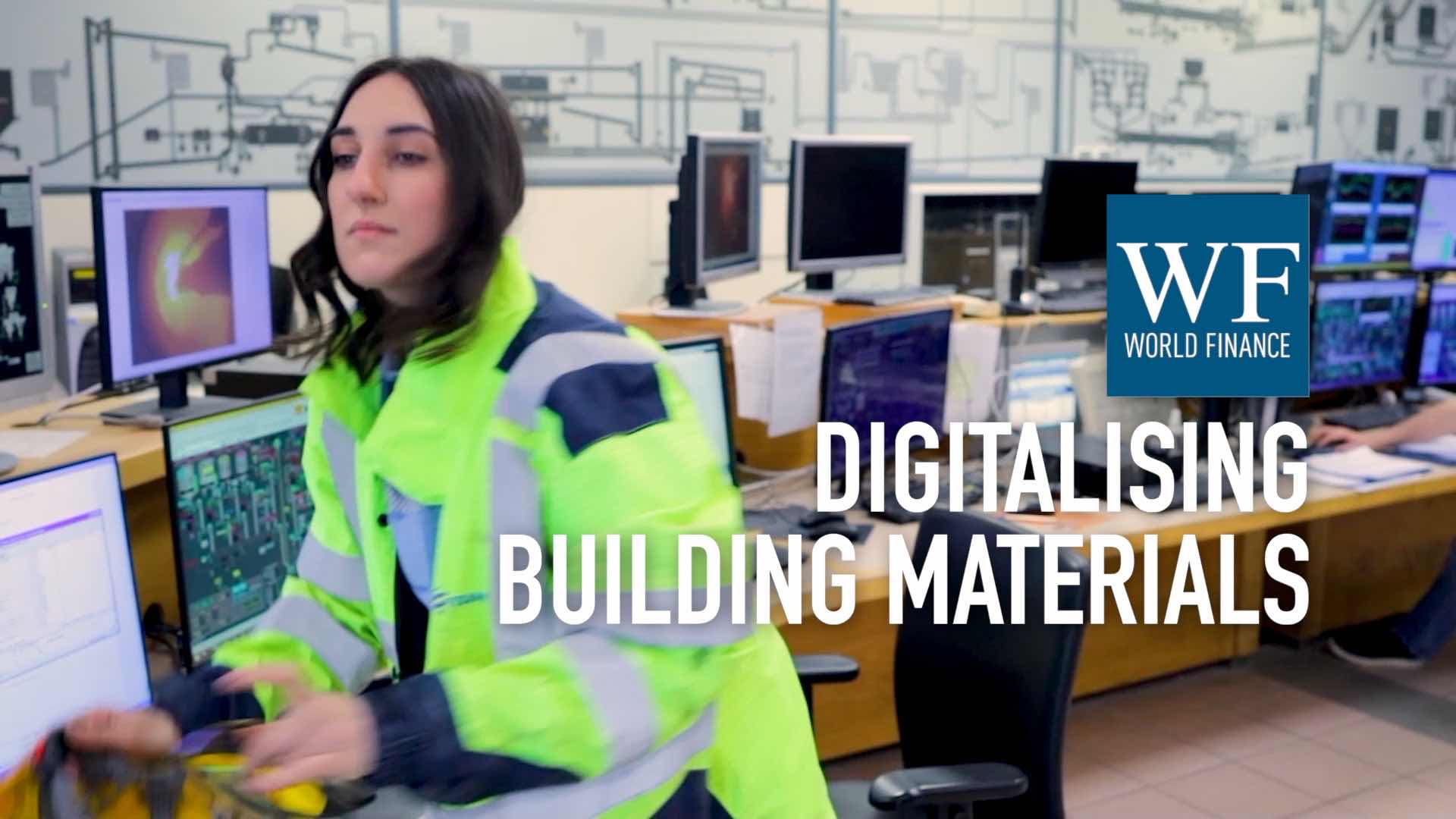Investors are hungrier than ever for sustainable projects
The new age of investors wants social and environmental return, not just profits, say Xeon executives
Related:
Transcript
Socially and environmentally responsible investments are growing in the emerging market space. Yves Duponselle, CEO of Xeon International, and Giancarlo d’Elia, CEO of Xeon Fund, discuss the rising demand for socially and environmentally responsible investment funds in the wake of successive financial crises.
World Finance: Socially and environmentally responsible investments are growing in the emerging market space. Here to share insight: Yves Duponselle, and Giancarlo d’Elia.
So first let’s talk about corporate social responsibility and the demand in the wake of successive financial crises. Tell me about what your average investor is calling for today.
Yves Duponselle: The new age investor is actually calling to contribute to something that benefits the environment and society.
Originally this was a phenomenon that was very niche-oriented: it was for non-profit organisations. But it recently became mainstream. It’s a business that is reaching out to two to three billion today, and it’s estimated in the next three to five years to grow very, very rapidly, from the concern of these investors to contribute with their money to something that is good for the environment.
We believe, not only from our heads but also from our hearts, that it’s necessary our generation starts doing something in terms of social and corporate responsibility.
World Finance: So Giancarlo, why should the average investor believe that you’re any different from any other hedge fund that bet against sovereign states prior to the 2008 crisis?
Giancarlo d’Elia: We are a private equity fund; we are not into financial speculation. Our job is to create value: to generate value. And by doing so, to add this social dimension, respecting at the same time the environment, and having an eye for sustainability.
So basically, we are accountable to our investors.
Our job is also to make sure that the generated value is in equation with perceived value: otherwise we’re out of business.
And don’t forget that capitalism in the third millennium should have a social inspiration. Otherwise it won’t be, anymore.
World Finance: So Yves, what type of investors are you attracting?
Yves Duponselle: We’re attracting new business leaders that are conscious of sustainability. We’re want to talk to the second generation, who want to add the dimension of meaningfulness to what the first generation has created.
They are investors that cross all typologies. They’re a bit younger, they like technology, they are well-educated, they know how to take a calculated risk. They’re very open in assessing change as a positive thing, and they’re very open-minded towards new business models.
World Finance: Interesting. So Giancarlo, tell me about their risk profile.
Giancarlo d’Elia: Well basically we have to typologies of investors. One is more risk-inclined, and the other one is more oriented to the preservation of wealth.
But both have one common denominator, which is that they take calculated risks. And to do that, the vehicle that we have, the specialised investment fund in Luxembourg, is very well suited. Because the whole structure is designed to protect investors. All players in the circuit are there to make sure that the funds of the investors are properly taken care of. And all possible risks are mitigated.
There’s only one element which is left over, and this is the industrial risk. And this is where we intervene as a general partner: by employing the best possible specialists in their respective areas, and making sure that the top-notch people are with us.
World Finance: So how does this interest apply to alternative energies and water shortage?
Yves Duponselle: We’re actually proposing to investors two distinct, different vehicles.
One is effectively investing in alternative biofuels in emerging markets. We have been thinking how they could become more self-sufficient. We combined two pretty poor performers in the industry: we put them together, and all of a sudden we got a very well performing company that is creating very interesting profits for investors, that is putting a lot of farmers to work – so there is the social compound.
And we see a huge reduction in the carbon footprint of the energy that is produced locally. So there is our environmental impact.
The second fund is a water fund in the regions that are under severe threat of drought. This water fund is actually hoping to cope with the shortage that is forecast over the next years. So, the idea here is to produce water and to deliver it to the local communities, so it can contribute to have a social impact. And of course, also, for the farmers to have an environmental impact.
World Finance: Finally Giancarlo, how are you able to prove that this is a socially responsible opportunity as well as wealth generating?
Giancarlo d’Elia: We act according to the principle that if you can measure it, you can improve it. And according to this principle, we have inserted into our key performance indicators in the daily management of the funds, the social dimension and the environmental impact.
So basically, we know exactly how many jobs we’re going to be creating in the target market. If we look at the water fund, where we produce and supply potable water to populations suffering from water scarcity, we know exactly how many households we’re serving. And if we make water flow, we make life flow. So things are going to improve dramatically.
World Finance: Yves, Giancarlo, thank you so much for joining me.
Yves Duponselle: Thank you.
Giancarlo d’Elia: Thank you for having us.

 Investing in innovation: TITAN Group’s €40m commitment to transform construction
Investing in innovation: TITAN Group’s €40m commitment to transform construction TITAN Group: Sustainable and smart construction, powered by digital technology
TITAN Group: Sustainable and smart construction, powered by digital technology
